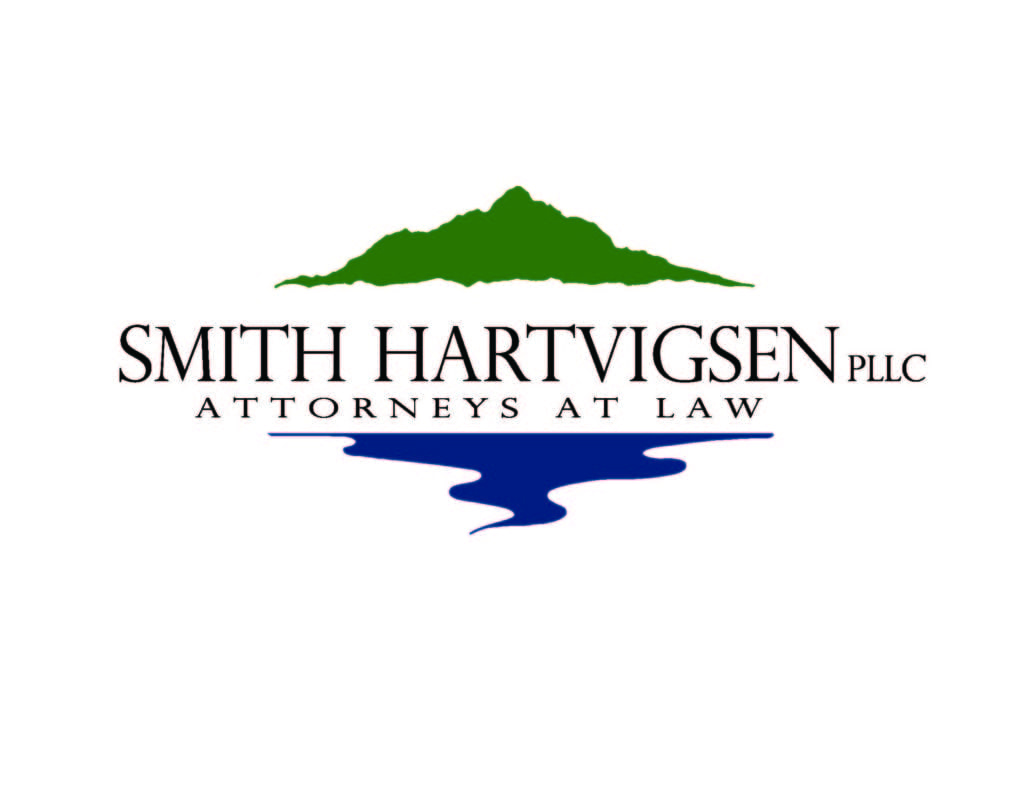
| Water Related Liability Amendments by Peter D. Gessel Rep. Albrecht is sponsoring this proposed legislation in response to concerns from his constituents who utilize irrigation water from canals that divert Sevier River water across the Sevier Valley. The irrigation companies that operate the canals have had problems in the past with thunderstorms flowing down the nearby canyons and flooding the canals, which exceeds the canals’ capacity and floods out neighboring properties, particularly when the floodwater fills the canals with debris. Some canals are not insured for flooding, leaving them fully exposed to liability for such events, while others that are insured often lose their insurance when such claims are paid out. In addition, it is fairly common for these canals to be used by municipalities and others to convey stormwater, sometimes without permission, further exposing the canal owners to liability. The bill proposes amending Utah Code section 73-1-8, which addresses the duties of canal owners or operators and their liability. The bill would expand the section’s applicability by changing the existing “ditch, canal, flume or other watercourse” language to “water facility,” which includes any facility “used for the diversion, transportation, distribution, measurement, collection, containment, or storage of water.” Identical language has already been inserted into two other sections of Title 73, Chapter 1 which apply to the operation of canals to reflect the changing uses of canals and the need to extend protections to other types of water facilities as well. Among other things, the bill shields the owners or operators of water facilities from liability for damage or injury caused by “the diversion or discharge of water or another substance into the water facility by a third party” without permission, or “an act of God, including fire, earthquake, storm, flashfloods, or similar natural occurrences.” In addition, the bill clarifies that water facility owners or operators have a duty of “ordinary care” to maintain the water facilities to prevent the waste of water or property damage, rather than a higher degree of liability which courts have threatened to impose on canals in particular in recent years. The Natural Resources, Agriculture, and Environment Interim Committee unanimously adopted this draft legislation as a committee bill in its August 17th meeting. In addition, the Legislative Water Development Commission endorsed the bill in its September 22nd meeting. As an interim committee-sponsored and approved bill, it should move directly to the House floor without an additional committee hearing when the 2023 General Session of the Utah Legislature gets underway in January. The text of the bill can be found here. |
| Water Reuse and the Great Salt Lake by Peter D. Gessel In addition to the Water Related Liability Amendments bill, the Legislative Water Development Commission—which is made up of members of the House, Senate, and selected professionals from Utah’s water community—discussed the potential impact of water reuse on Great Salt Lake at its September 22nd meeting. The water reuse presentation noted that up to 137,000 acre-feet, out of the 280,000 acre-feet discharged by wastewater treatment plants annually—may ultimately qualify as reuse water, which is wastewater that has been treated to a degree that it may be used for agricultural irrigation, secondary water systems, aquifer recharge projects, and other such purposes, rather than discharged. Eight of the eleven major wastewater treatment plants that discharge into the Utah Lake-Great Salt Lake system are currently considering reuse plans. The concern with reuse is how it could potentially reduce flows to Great Salt Lake, at a time when the lake is in peril. The takeaway message from the presentation was that water reuse won’t necessarily harm Great Salt Lake if it is part of a bigger water conservation plan, where local water use is reduced and the reuse water allows other water to remain in the lakes and rivers rather than being diverted to support additional growth. It is best considered on a case-by-case basis, rather than giving an unconditional blessing or outright ban on all potential projects. We expect this to be an ongoing discussion on the Wasatch Front. |
| Utah Real Estate Edge Podcast Interview Attorney Jeff Gittins was recently interviewed about Utah water rights on the Real Estate Edge podcast. Jeff shared information about what a water attorney does and some basic principles of Utah water law, as well as discuss recent statutory and policy changes to address drought, population growth, and other issues facing Utah water supplies. Watch the interview here. |
| Utah Historical Society Conference Water at the Confluence of Past and Future Attorney J. Craig Smith has been invited to speak at the 2022 Utah State Historical Society Annual Conference, “Water at the Confluence of Past and Future”, on October 26, 2022 at the Provo Marriott Hotel & Convention Center. This year’s conference will include important discussions surrounding major water-related issues throughout Utah, including the past and current state of the Great Salt Lake and the ongoing drought. For more information, click here. |
| Upcoming Conferences Utah Water Users Association Water Summit October 18, 2022 Layton, UT For more information, click here Utah Historical Society Conference Water at the Confluence of Past and Future October 26, 2022 Provo, UT For more information, click here Utah Association of Special Districts Annual Conference November 2-4, 2022 For more information, click here | Contact Us If you have any questions or if you would like to see something discussed in the future, please let us know by sending an email to info@water.law or contact one of us directly through the following links: J. Craig Smith Jeffry Gittins Nathan Bracken Ethan Smith Jay Springer Peter Gessel Smith Hartvigsen, PLLC 257 East 200 South, Suite 500 Salt Lake City, UT 84111 Tel.: (801) 413-1600 |
| To view more information about water law in Utah, visit our water blog at utahwaterrights.blogspot.com |
